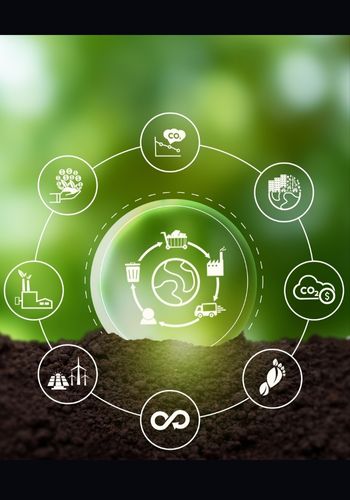Technology Details
Life Cycle Assessment
Life Cycle Assessment (LCA) serves as a comprehensive methodology to evaluate the environmental impacts associated with the entire life cycle of a product, process, or service, from raw material extraction to end-of-life disposal. When applied to various applications, LCA offers invaluable insights into the environmental footprint, energy consumption, resource utilization, and potential emissions across different life stages. By considering aspects such as material sourcing, manufacturing processes, transportation, use phase, and disposal, LCA provides a holistic perspective that enables stakeholders to make informed decisions based on empirical data rather than assumptions. In the context of applications, whether it be in the realm of technology, construction, agriculture, or consumer goods, conducting a rigorous LCA facilitates sustainable design, development, and management practices. By identifying hotspots, inefficiencies, and opportunities for improvement, LCA empowers industries and policymakers to prioritize initiatives that minimize environmental degradation, conserve resources, and promote circularity.
The integration of Life Cycle Assessment within applications aligns with global sustainability goals, regulatory requirements, and stakeholder expectations for transparency and accountability. As society grapples with pressing challenges such as climate change, resource depletion, and pollution, LCA emerges as a pivotal tool for assessing the cradle-to-grave environmental impacts of various applications. Through the quantification of environmental indicators, such as carbon footprint, water consumption, and ecological toxicity, LCA enables stakeholders to evaluate trade-offs, optimize processes, and develop strategies that balance economic viability with environmental stewardship. Moreover, LCA fosters innovation by highlighting opportunities for eco-design, material substitution, energy efficiency improvements, and waste reduction. By incorporating Life Cycle Assessment into decision-making processes, organizations, researchers, and policymakers can navigate complex trade-offs, promote sustainable development principles, and contribute to a more resilient and equitable future for society and the planet.

